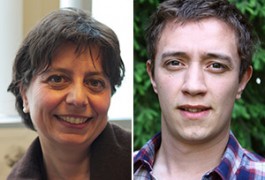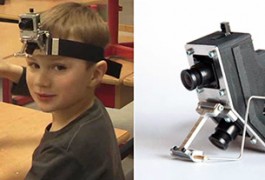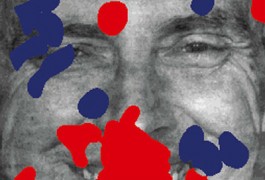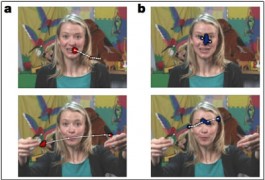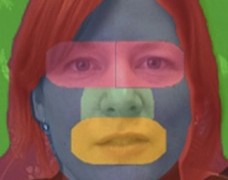Some infants at risk of autism show improvements at 9 months
Some infant siblings of children with autism initially behave like children with the disorder, but show improvements in their social skills around 9 months of age. The unpublished research, presented yesterday at the 2014 International Meeting for Autism Research in Atlanta, suggests that these children possess a “resilience” that keeps them from developing autism.


